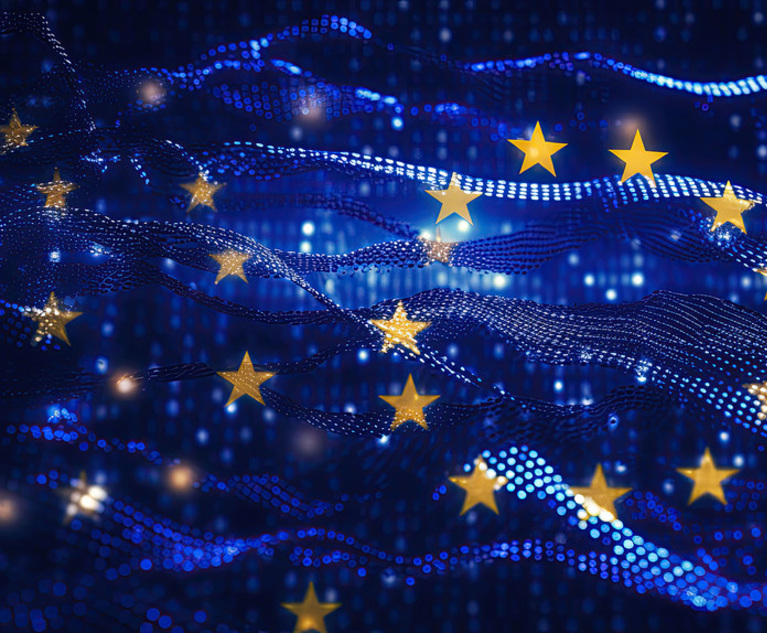When OpenAI launched its human-like chatbot ChatGPT from its headquarters in San Francisco, it may have not expected that data protection authorities (DPAs) from thousands of miles away all across Europe would soon be questioning some of its privacy practices, with some even blocking the tool in their countries altogether.
Since then, the tensions between generative artificial intelligence, powered by large language models (LLMs) and the principles established by the General Data Protection Regulation (GDPR) are ongoing, a dance between the technology and the privacy law that some predict may leave only one of the two standing.
This content has been archived. It is available through our partners, LexisNexis® and Bloomberg Law.
To view this content, please continue to their sites.
Not a Lexis Subscriber?
Subscribe Now
Not a Bloomberg Law Subscriber?
Subscribe Now
LexisNexis® and Bloomberg Law are third party online distributors of the broad collection of current and archived versions of ALM's legal news publications. LexisNexis® and Bloomberg Law customers are able to access and use ALM's content, including content from the National Law Journal, The American Lawyer, Legaltech News, The New York Law Journal, and Corporate Counsel, as well as other sources of legal information.
For questions call 1-877-256-2472 or contact us at [email protected]


 (Credit: noah9000/Adobe Stock)
(Credit: noah9000/Adobe Stock)





